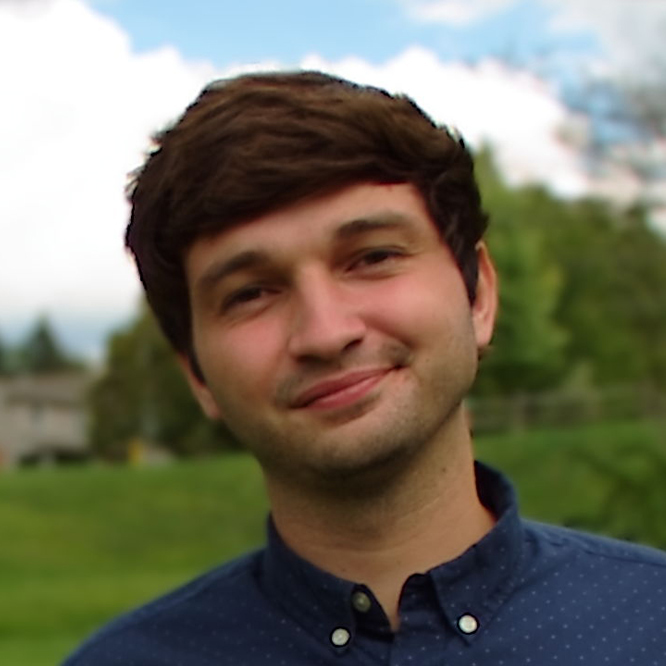Dissertation Defense
Adaptive Regularization for Inverse Problems in Imaging
This event is free and open to the publicAdd to Google Calendar

Passcode: image
We live in a world where imaging systems are ubiquitous. From the cell phones in our pockets to our cars and doorbells and on to telescopes and medical scanners, imaging has changed how we share, document, and understand our world. There is an increasing demand to make these systems more efficient by producing higher-quality images with fewer and fewer resources. When we need an image that is of higher quality than can be directly constructed from its samples, we have an inverse problem and must rely on nonlinear reconstruction schemes. These reconstruction algorithms fill the gap between the measured samples and the desired high-quality images by leveraging a model that attempts to distinguish image content from artifacts.
Many modern image models are optimized to produce high-quality results on a large dataset of images. These methods require a lot of computation and high-quality data for the dataset. This thesis applies and develops adaptive image models which are trained during reconstruction for a particular image and can optionally be pre-trained on a dataset. In particular, we further develop a union of subspace model and dynamic subspace model which are both enabled by an efficient generalized Procrustes update. The proposed methods are applied to problems in light-field imaging and MRI.
Advisor: Prof. Jeff Fessler
 MENU
MENU 
